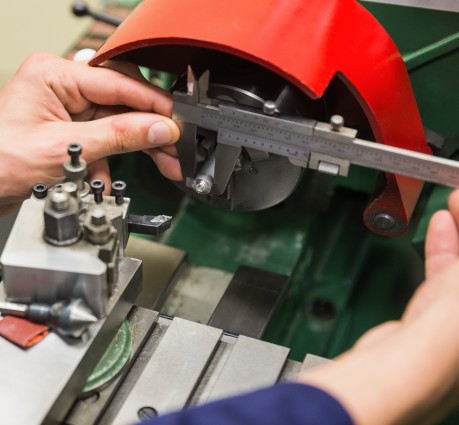Mechanical Engineering is a fundamental field that applies physics and materials science to design, analyse, produce, and maintain mechanical systems. It involves using heat and mechanical power for household appliances. Success in this discipline relies on understanding mechanics, kinematics, thermodynamics, materials science, and structural analysis. Mechanical engineers utilize these concepts, along with modern tools like computer-aided design, to assess various systems such as power plants, industrial machinery, HVAC systems, transportation, airplanes, and ships.
Duration of programme
Level of Study

Diploma in Mechanical Engineering applies engineering, physics, materials science, and mathematics principles.
Focuses on design, analysis, manufacturing, and maintenance of mechanical systems.
Integrates engineering principles with physics and mathematics for practical applications.
A crucial discipline that drives innovation and solutions in mechanical systems.
10th from any Recognised Board
with a minimum of 35% marks